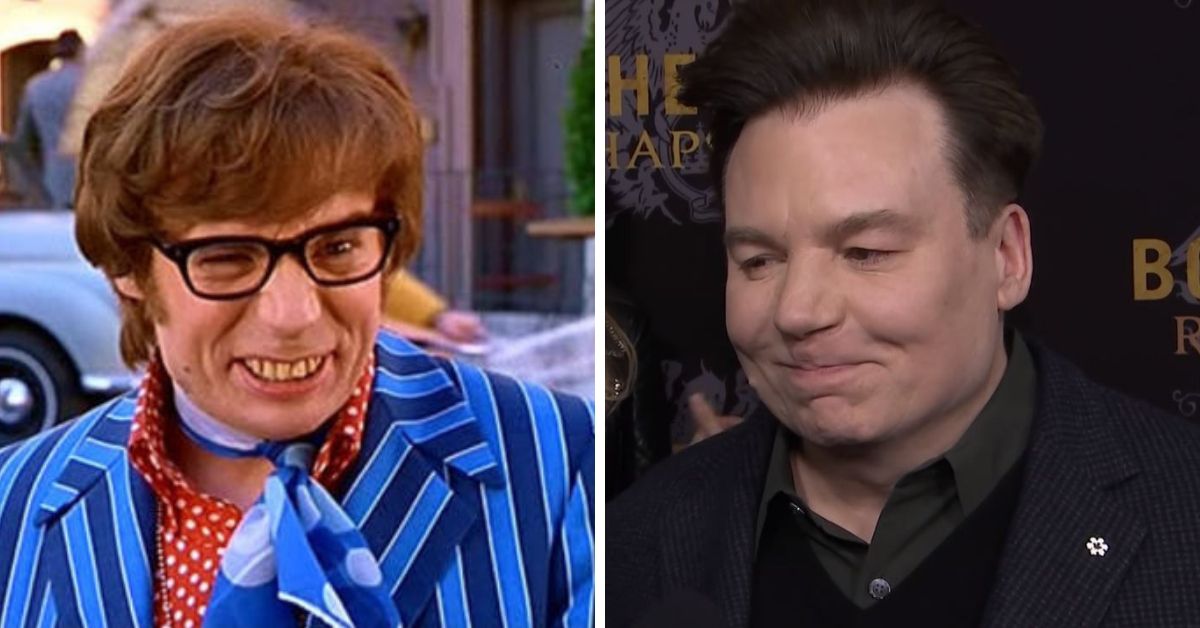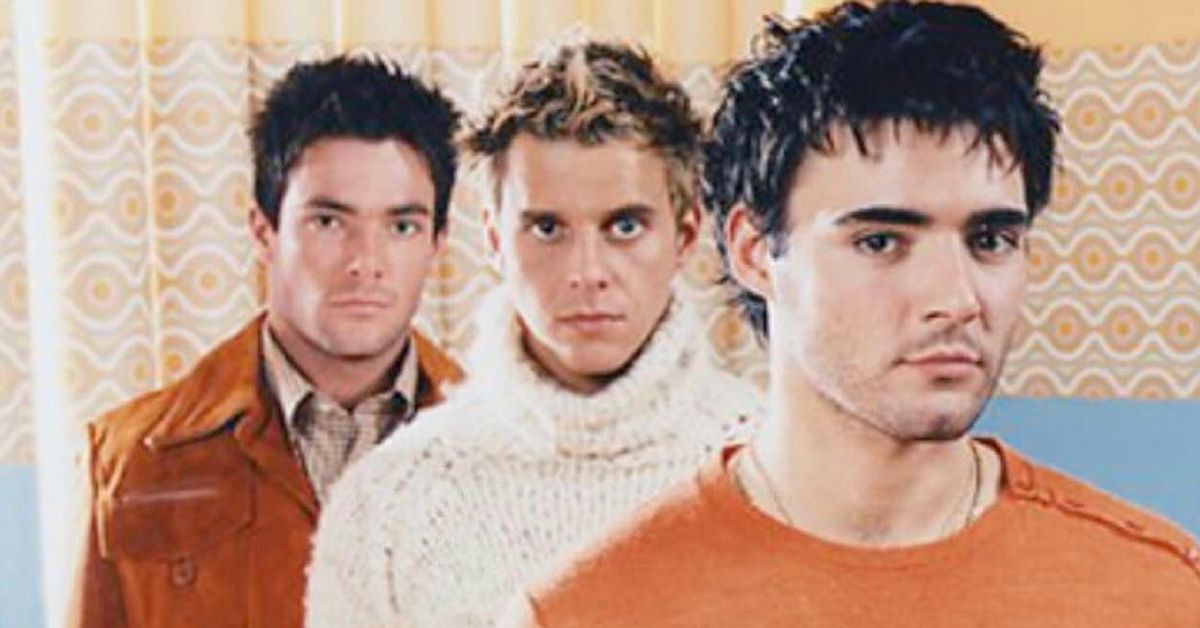
Top 3 Gambling Movies Of The Noughties

The 2000s was a huge decade in terms of world events, cultural breakthroughs and the steady advance of technology.
In music it was the decade that Beyoncé broke through, making Crazy In Love arguably the defining song of her career. On TV The Office changed the face of comedy forever, going on to reach even greater heights than its UK debut when it underwent a US transformation and introduced Dunder Mifflin to the world. It was also the decade that saw the very first iPod launched, changing forever the way that we buy and listen to music.
It was also a big decade for the movies. Blockbusters included Gladiator, The Lord of the Rings trilogy and the highest grossing film of all time, James Cameron’s Avatar. There was also another distinct genre that emerged in the 2000s – the gambling movie. Of course the subject had always been a staple of the cinema thanks to its ability to introduce glamour, tension and conflict.
This renewed interest in gambling as a topic, helping the casino industry grow into the hugely popular phenomenon it is today. As the noughties progressed, so did an important sector in the gambling industry: online casinos. These dynamic digital equivalents of land-based casinos started out as basic entities – certainly nothing compared to the engaging and immersive powerhouses they are today. Casino classics such as poker, blackjack and roulette are available from the comfort of a player’s own home, and on any device, at the touch of a button. Have a look at these exciting online casino games and you’ll see just how far they’ve come.
Here are three great gambling movies of the 2000s that, so far, the subsequent decade has failed to match.
The Ocean’s Trilogy (2001-2007)
First up is one of the best examples of a mega-cast being put to great use by director Steven Soderbergh. The very first of the trilogy, Ocean’s 11, was a remake of the 1960 Ratpack classic that starred Frank Sinatra, Dean Martin, Sammy Davis Jr. and Peter Lawton with the glamour provided by Angie Dickinson.
The updated version, released in 2001, featured the all-star cast of George Clooney, Brad Pitt, Andy Garcia, Matt Damon and Julia Roberts. The plot is a simple one, although with plenty of twists and turns along the way. Clooney, playing ex-con Danny Ocean, gets together with accomplice Rusty Ryan played by Brad Pitt in a bid to scam Las Vegas casinos out of $160 million and win back his ex-wife – played by Julia Roberts.
In the second film, which hit the screens in 2004 and was again directed by Soderbergh, sees the gang being blackmailed by the boss of the casino that they’d ripped off. To repay the $198 million he’s demanding (their original $160 million plus interest) they plan to travel to Europe and pull off three daring heists. It’s a more complex and convoluted plot than the previous film that we don’t want to spoil here. Suffice to say, the gang pulls it off – eventually.
In the final film, 2007’s Ocean’s 13, the action switches back to Las Vegas and brings Al Pacino into the cast as crooked casino boss, Willy Bank.
Of the three films, the first had the greatest critical and box office success with Ocean’s 12 being judged the weakest of the three – although the second highest ranking in terms of box office. But judged as a suite of films, they rank with other great trilogies like The Godfather and the first three Bourne movies.
Casino Royale (2006)
The 2000s was also the decade that brought us a whole new 007 for the new millennium, even if we did have to wait for 2006 to get a sight of him. Casino Royale was the third time that Ian Fleming’s novel had been filmed and took us back to a James Bond at the very start of his career when he is first issued with his “licence to kill.”
It was also the first time that we saw Daniel Craig in the role, taking over from Pierce Brosnan. The reason for the change had been that the producers felt that, at 50, Brosnan was getting a bit old to play the super-spy. It was also felt that it was time for Bond to become a more dynamic character more in tune with the times.
The resulting films surprised many people in the way that Craig was presented as a violent killer who, although maintaining some of the suave ways of Bond, was an unpredictable presence who was barely trusted by M, played for the first time by Judi Dench.
The villain of the piece was Le Chiffre, an international financier played by Mads Mikkelsen, with links to international terror organisations. The film was also notable for its big set-piece scenes which have since become a hallmark of this generation of Bond films with the most thrilling in Casino Royale being Bond’s battle to prevent the world’s biggest airliner from being blown up.
But the most pivotal scenes in the film came in an epic poker game in which Bond takes on Le Chiffre for a prize pot of $115 million. Despite being poisoned mid-hand and going into cardiac arrest, our hero naturally goes on to recover – and carry off the big prize, too.
21 (2008)
Our final film is notable for being inspired by a true-life story, even if it has been highly fictionalized to appear on screen. 21 is based on a group of students from Harvard who devised a way to carry out card-counting when playing blackjack to tip the odds in their favor against the casino.
For the uninitiated, card counting is a practice in blackjack in which players keep tabs of the cards that have already been dealt in order to work out the probability of beating the dealer. Although not strictly illegal, it’s never popular with casinos and can result in life bans, as Ben Affleck discovered to his cost in 2014.
Card counting had already featured as a plot device in an earlier blockbuster, 1988’s Rain Man starring Tom Cruise and Dustin Hoffman. In 21 the stars of the show are Jim Sturgess playing maths ace Ben Campbell and his college tutor Mickey Rosa, played by Kevin Spacey. Rosa soon recruits the brilliant student for the team he’s put together to win big at a number of Las Vegas casinos. The ultimate message of the film is that crime doesn’t pay and that when you’re as clever as Campbell you can make plenty of money honestly.
The movie was reasonably well reviewed when it came out. But when the true story that lay behind it, in which an ever changing number of students went on with the scam for well over a decade, was revealed, some felt that this would have made the better film.
So there you have them. Five great gambling films from the noughties. Now you just have to check them out to pick your favorite – just let us know in the comments below.



